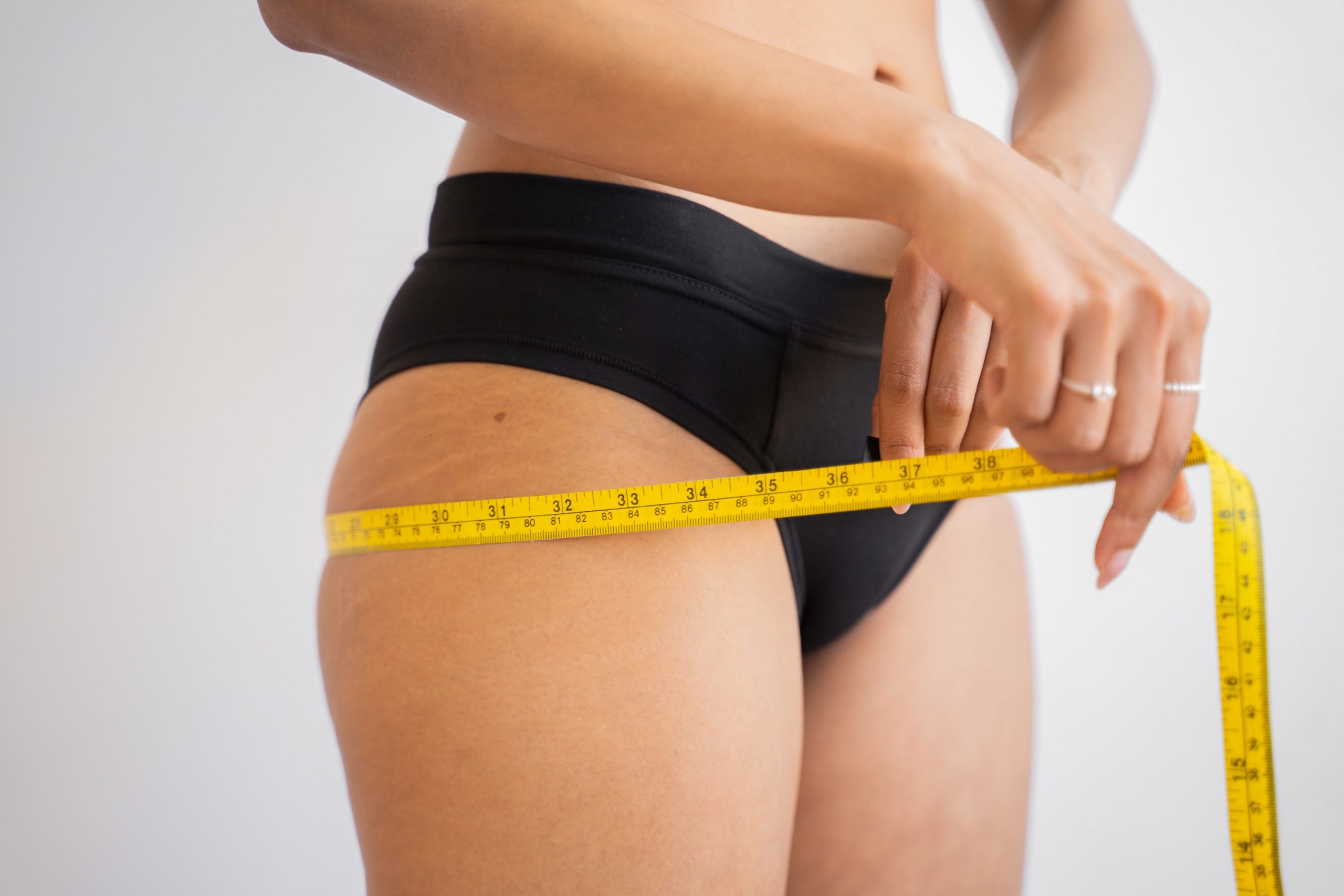
Life&Style Editor Jennifer Lewis reacts to the media response to Jorja Smith’s weight gain, and our cultural obsession with body image
Trigger warnings for this article include : discussion of body image
Dissecting celebrities’ looks has increasingly become a hobby for social media users utilising comment sections to offer their own criticising captions of how they see others’ posts. With the latest Instagram looks nowhere close to what people look like in the real world, what we see as a ‘flawless’ photo has created a culture of insecurity and comparison online. Looking at celebrities, or what we call in this day and age, influencers, and analysing their body image has undeniably shaped societal standards and expectations of beauty. For celebrities, looking your best is the cost of always being in the spotlight. Even when you thought you weren’t in the public eye, someone is watching.
Talent, glamour and, what the media perceives as a paramount element, beauty, collectively constitute the criteria that determine celebrity status. But what exactly is the meaning of beauty? It is often emphasised with connotations of ‘thinness’. The idealised body image revolves around smaller sizes and extreme diets. To to achieve this unattainable appearance is the unreal ‘reality’ of social media.
“Celebrities are role models in society, and as a society we view our bodies through the lens of celebrity culture
With the virtual world at our fingertips, humans have an inherent drive to look like their idols – celebrity worshipping or fandom. Celebrities are role models in society, and as a society we view our bodies through the lens of celebrity culture. Social media users subconsciously change their lifestyles to fit social standards. It is extremely alarming that with the rise of celebs promoting ads for detox teas and diet pills they can influence their audience with weight loss strategies. With Instagram’s age requirement of being 12+, should we be allowing celebrities to promote such products on platforms and exposing them to young eyes?
To have a nice body comes with the myth that you must go to the gym. Hitting the gym is ironically becoming an unhealthy trend, with pressure to go coming from the media and fitness bloggers. Numerous celebrities endorse the concept of a thin body ideal and adhere to societal standards of attractiveness. With the so-called ‘body goals’ people have, you should avoid trying to look like someone else. It has the opposite effect as you become dissatisfied with your own identity. Social media can be damaging for men and women as we look obsessively at images of other people’s bodies.
“Bodies do change and it is nobody’s business
Being a celebrity comes with a loss of privacy, constantly being watched and scrutinised. Jorja Smith recently released her third EP, but the media’s increased attention to her is not to that fact. Instead, they have fired comments about her weight. The singer’s EP, ‘Be Right Back’, received critical acclaim for its experimental song structure and its intricate exploration of ideal womanhood. However, Jorja Smith is a trending subject at the moment due to discussions about her weight gain. The topic of her body should not take away the fact that she is a talented artist. Bodies do change and it is nobody’s business.
Shaming her appearance online, the inescapable commentary has created an environment of undue scrutiny and criticism in which people think it is acceptable to become involved in someone’s life who they don’t personally know. Hiding behind a screen and deconstructing someone’s self-worth is invading. To make claims about how they should look is a form of obsessive judgement. Celebrities face significant pressures to maintain their appearance to the public. On socials, people were comparing Jorja Smith’s body at 21 versus her body now at 26, yet who is to claim what her body should look like?
Carrying herself with complete confidence, body-shaming is inevitably unavoidable for Smith as she reveals she has ‘definitely been affected by it’ in the interview with Porter. Even with keeping social media at a distance, fans are still ‘mourning’ her old figure. It’s not easy to eliminate trolls and to identify who is typing. Being anonymous allows people to become overly opinionated and formant hate. They may be a follower but they can still create online abuse.
“it’s about time we share the importance of body neutrality and appreciate artistry and character beyond physical appearances
On the other hand, social media is also used by celebrities to embrace and showcase real bodies. There are bloggers and influencers who represent a realistic lifestyle online without the filter and angles. Body neutrality is increasingly popular with celebrities, and encourages individuals to shift their focus from striving for an ideal body shape to accepting and being comfortable in their unique bodies. With millions of natural and beautiful bodies like Jorja’s, it’s about time we share the importance of body neutrality and appreciate artistry and character beyond physical appearances. We must recognise that our self-worth is not solely determined by how closely we conform to societal beauty standards. Individuals must focus on living life to the fullest free from the constraints of body image anxieties.
Read More from Life&Style here:
The Summer of Celebrity Divorce: What Does Our Fixation on Celebrity Divorce Say About Ourselves?
A feminist analysis of ‘Girl Math’
Victoria’s Secret Re-imagined: What can we expect from the return of their infamous fashion show?
Comments